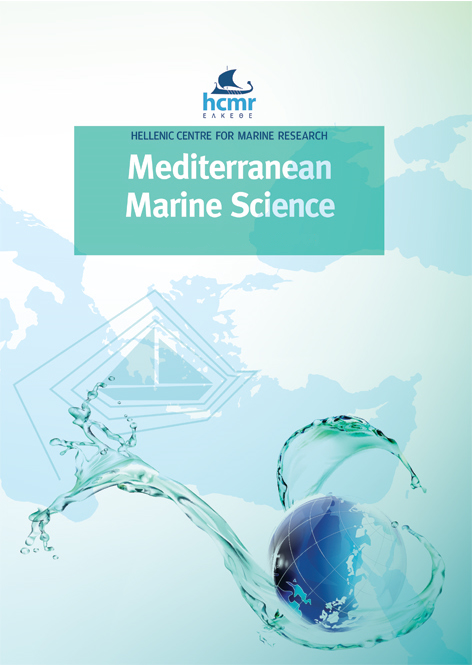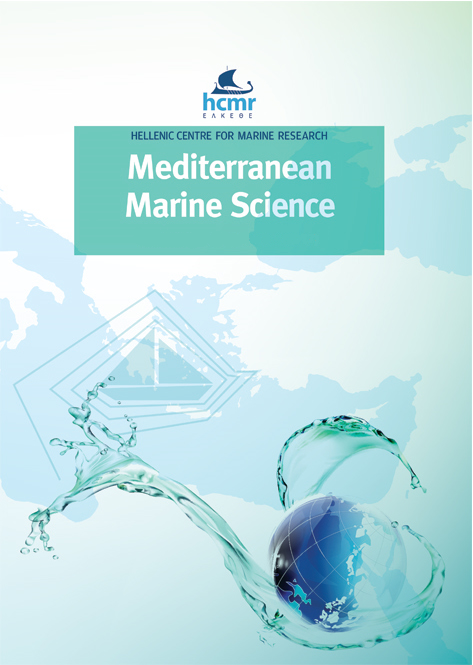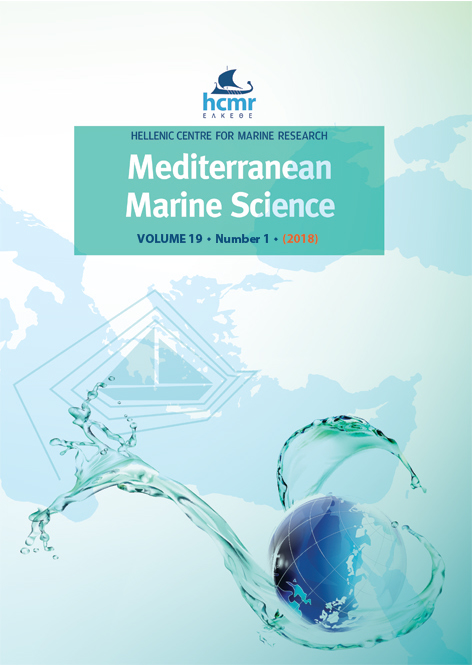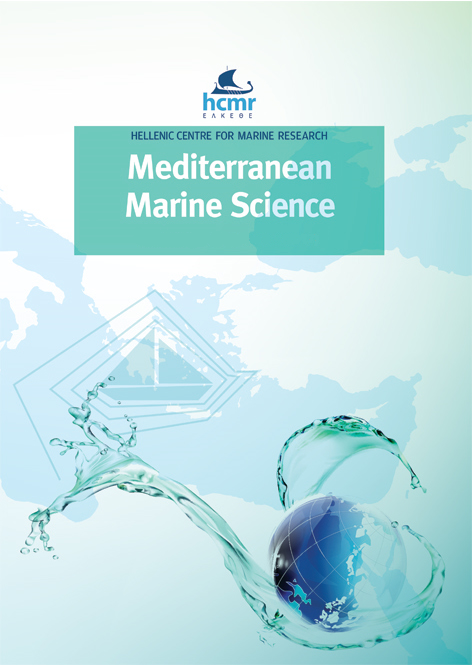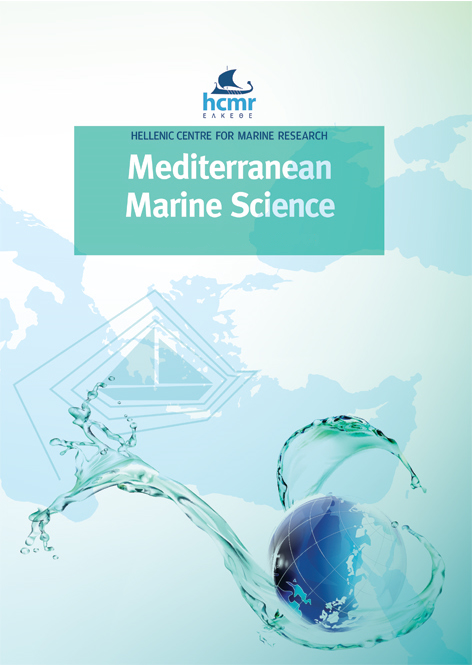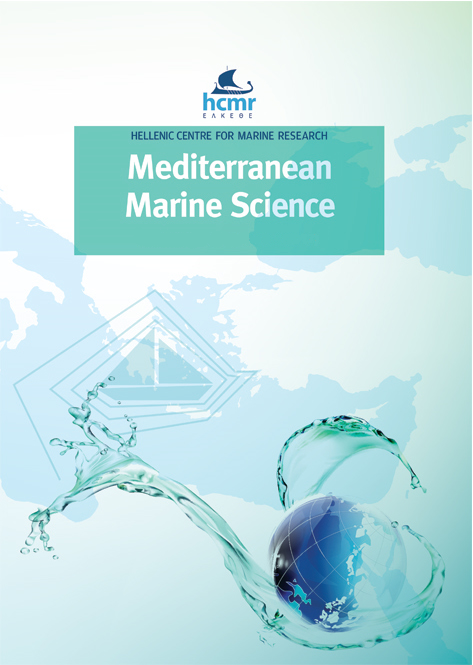Using Local Ecological Knowledge (LEK) to inform the multi-habitat life cycle of wreckfish: A Ligurian Sea case study for Mediterranean conservation
Abstract
Local Ecological Knowledge (LEK) from fishers and sea users is invaluable for reconstructing the occurrences of data deficient and vulnerable fish species, particularly target species. This study explores the distribution patterns of the data-deficient wreckfish Polyprion americanus in the Ligurian Sea (NW Mediterranean Sea) using semi-structured interviews with 40 sea users (27 fishers and 13 observational data providers). We identified key habitats associated with five main size classes of wreckfish, from surface waters to 1000 m depth, including vulnerable ecosystems like seamounts and cold-water coral habitats. Smaller individuals (0-1.5 kg) were mainly found in pelagic habitats, frequently near floating objects, while larger individuals (>3 kg) were common in slope and seamount habitats. Abundance declines across all size classes were attributed to overfishing and, according to some respondents, a reduction in floating debris may have specifically affected the presence of smaller individuals. Fishing techniques varied by size class, with technological advances notably impacting larger individuals near seamounts. The study supports LEK as a valuable complementary information source to conventional research, advocating for updated conservation measures, including revised size limits and enhanced protection of vulnerable habitats.
Article Details
- Zitationsvorschlag
-
DESIDERÀ, E., DI BLASI, D., POLI, F., WILLIS, T. J., BAVA , S., & GUIDETTI, P. (2025). Using Local Ecological Knowledge (LEK) to inform the multi-habitat life cycle of wreckfish: A Ligurian Sea case study for Mediterranean conservation. Mediterranean Marine Science, 26(3), 743–756. https://doi.org/10.12681/mms.41040
- Rubrik
- Research Article
Authors who publish with this journal agree to the following terms:
- Authors retain copyright and grant the journal right of first publication with the work simultaneously licensed under a Creative Commons Attribution Non-Commercial License that allows others to share the work with an acknowledgement of the work's authorship and initial publication in this journal.
- Authors are able to enter into separate, additional contractual arrangements for the non-exclusive distribution of the journal's published version of the work (e.g. post it to an institutional repository or publish it in a book), with an acknowledgement of its initial publication in this journal.
- Authors are permitted and encouraged to post their work online (preferably in institutional repositories or on their website) prior to and during the submission process, as it can lead to productive exchanges, as well as earlier and greater citation of published work (See The Effect of Open Access).

